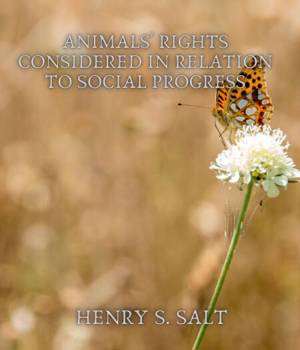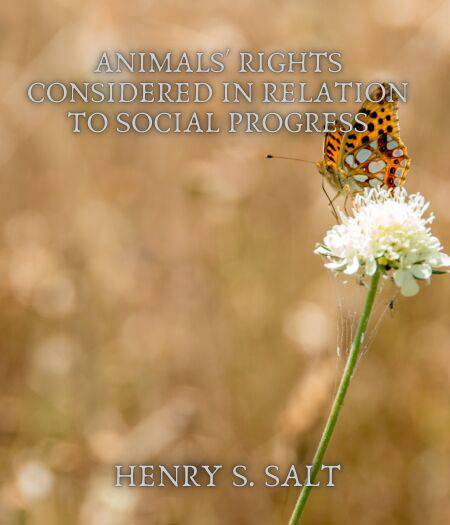
- Afhalen na 1 uur in een winkel met voorraad
- Gratis thuislevering in België vanaf € 30
- Ruim aanbod met 7 miljoen producten
- Afhalen na 1 uur in een winkel met voorraad
- Gratis thuislevering in België vanaf € 30
- Ruim aanbod met 7 miljoen producten
Zoeken
€ 2,99
+ 2 punten
Uitvoering
Omschrijving
The immediate question that claims our attention is thisif men have rights, have animals their rights also?From the earliest times there have been thinkers who, directly or indirectly, answered this question with an affirmative. The Buddhist and Pythagorean canons, dominated perhaps by the creed of reincarnation, included the maxim not to kill or injure any innocent animal. The humanitarian philosophers of the Roman empire, among whom Seneca, Plutarch, and Porphyry were the most conspicuous, took still higher ground in preaching humanity on the broadest principle of universal benevolence. Since justice is due to rational beings, wrote Porphyry, how is it possible to evade the admission that we are bound also to act justly towards the races below us?
Specificaties
Betrokkenen
- Auteur(s):
- Uitgeverij:
Inhoud
- Aantal bladzijden:
- 150
- Taal:
- Engels
Eigenschappen
- Productcode (EAN):
- 9783985944583
- Verschijningsdatum:
- 23/09/2021
- Uitvoering:
- E-book
- Beveiligd met:
- Digital watermarking
- Formaat:
- ePub

Alleen bij Standaard Boekhandel
+ 2 punten op je klantenkaart van Standaard Boekhandel
Beoordelingen
We publiceren alleen reviews die voldoen aan de voorwaarden voor reviews. Bekijk onze voorwaarden voor reviews.







